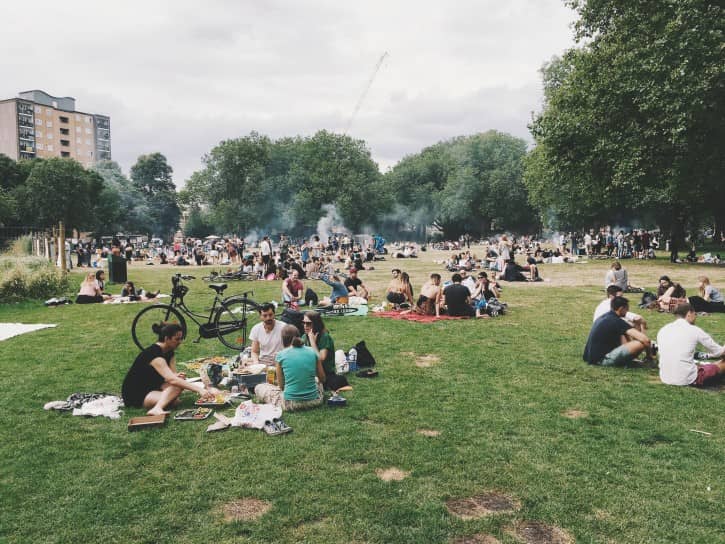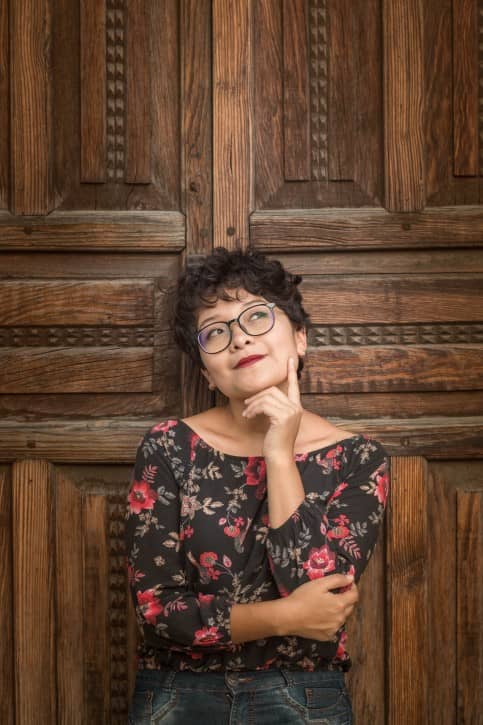Interpretation of evidence in your specific context is a critical source of professional learning and development.
Watch out for bandwagons. There is a head of steam building up around the theme of taking teacher training out of universities and putting it into schools – and around the unreliability of education research and the issues (e.g. child-centred learning) that together tend to be grouped under the heading ‘progressive education’. Bennett (2013) and Peal (2014) are two of the most recent publications advocating this, blaming universities for the problem of ‘progressive’ ideas derived from ‘dodgy’ research that plagues school and teaching practice. Michael Gove, the ex-Secretary of State for Education also attributed mediocrity in education directly with the Educational Establishment which he likened to an unstoppable amoeba-like plasma ‘Blob’ (Robinson, 2014). Nick Gibb (2014), the former schools minister, makes similar claims.

Is this a dangerous group of subversives?
These judgements about universities have given license to teacher trainees to make similar points especially when they feel under pressure from their courses, or feel that provision they are getting is not worth the money they are paying. All teachers (both trainee and established) should be careful about the propagation of myths, scapegoats and easy answers: – they need to think for themselves and be discerning and critical when explaining problems and ascribing blame or responsibility.
It is important to consider the effect on the teaching profession of exposure to these myths and easy answers, and to be aware when we are lulled into being passive recipients of unchallenged ideas. This must be considered in conjunction with universities ensuring their continued relevance to the teaching profession, as they do in medicine, engineering, law and other professions.
Become a Discerning and Critical Judge: education is awash with other kinds of myths too. This is partly because most people have come from a background in which they were themselves formally educated up to age 14, 16, 18 or older: this creates an ‘educational laity’ who use recollections of their schooling, both good and bad, to make judgements about today’s schooling and situations that can differ fundamentally from their own experiences. There are also commercial organisations seeking to make money out of tempting schools and teachers to subscribe to their ‘proven’ cures – not all of which may be applicable or suitable for our priorities. We need to be aware of ‘folk theory’ and ‘myths’ about what works and does not work, to help teachers to develop a discerning professionalism. In fact, if teachers and trainees do not engage with the empirical evidence underpinning research in relation to their own practice, it is arguable that they become not so dissimilar to alchemists and plague doctors from a time when quackery/dogma was not discernible from reason as a source of knowledge.

Look in from the outside, to get a fresh view of your situation.
It is so important for teachers to realise that they are learning a craft – the craft of teaching and learning – and that they are not learning a school. Trainees enormously value their school placement experiences and it is perhaps the single most important element of training. However, schools are different from each other, sometimes vastly, and with the advent of school direct and much shorter second placements, it is not always easy for these trainees to see properly how different schools function in different ways.
One danger of this is to encourage a single view of how to do schooling. In those cases, engagement with research out of the context of school-based situations are vitally important in trying to develop a sense of perspective, so that trainees are aware that they are learning a craft and not just a school. It also allows trainees to give voice to perceived criticisms or questions about the school or individual staff members, and allow them to assert more of an independent opinion about what is good and not so good about their placement, and develop a personal vision and style for themselves.
Do not become a droid: crucial to this important spirit is the notion of both trainees and teachers as active participants and not passive. Having come from some management cultures both in schools and in business, it is sometimes the case that compliance is rewarded over anything else. Be aware of what this means, especially in an institution that is meant to promote learning – and what might this suggest about the kind of learning that is likely to be valued? This will be explored in other posts.
Theory often gets a bad rap from trainees and teachers who fail to see the relevance of sometimes complicated psychological and anthropological constructs in explaining why the Friday afternoon class persists in causing disruption to their learning. But…
“We develop national curriculums, ambitious corporate training programmes, complex schooling systems. We wish to cause learning, to take charge of it, direct it, accelerate it, demand it, or even stop getting in the way of it. In any case we want to do something about it. Therefore, our perspectives on learning matter: what we think about learning influences where we recognise learning, as well as what we do when we decide that we must do something about it – as individuals, as communities, and as organisations… But perhaps more than learning itself it is our conception of learning that needs urgent attention when we choose to meddle with it on the scale on which we do today…The farther you aim, the more an initial error matters.” (Wenger, 1998, p. 9)

However, a theory “is not a recipe; it does not tell you just what to do. Rather it acts as a guide about what to pay attention to, what difficulties to expect and how to approach problems” (1998, p. 9). Active engagement with theory should be an ongoing process throughout any profession, helping us to make judgements about our planning, pedagogy and practice in general. This does not mean it will be easy or that it is not a challenge. However, applying theory to what you do can be an important source of perspective and a reality-check.
Schools rarely engage much on the level of theory, for understandable reasons (e.g. time and pressure on results etc.) but you should BEWARE of this: AN ABSENCE OF THEORETICAL ENGAGEMENT DOES NOT MEAN THERE IS THEORETICAL NEUTRALITY.

Why must the teaching profession engage with research? Trainees are becoming professionals, who should engage in life-long improvement: as such, we should be striving for the highest standards possible at all times.
This involves challenge, effort and struggle – the very thing we now know (through the results of research) maximises achievement in compulsory education and any environment where learning is the goal. Persistence will be rewarded. In addition, further or ongoing study by teachers in Education opens doors to improvement, satisfaction and promotion. We should avoid a race to the bottom?
Bennett, T. (2013). Teacher proof: Why research in Education does not always mean what it says and what you can do about it. London: Routledge.
Gibb, N. (2014, April 23). Teaching Unions aren’t the problem – Universities are. Retrieved July 21, 2014, from Guardian Online: http://www.theguardian.com/commentisfree/2014/apr/23/teaching-unions-arent-problem-universities-schools-minister
Peal, R. (2014). Progressively Worse: The Burden of Bad Ideas in British Schools. London: Civitas.
Robinson, N. (2014, February 3). BBC News Politics Political Editor’s Blog. Retrieved July 21, 2014, from BBC News: http://www.bbc.co.uk/news/uk-politics-26008962
Wenger, E. (1998). Communities of Practice: Learning, Meaning and Identity. Cambridge: Cambridge

